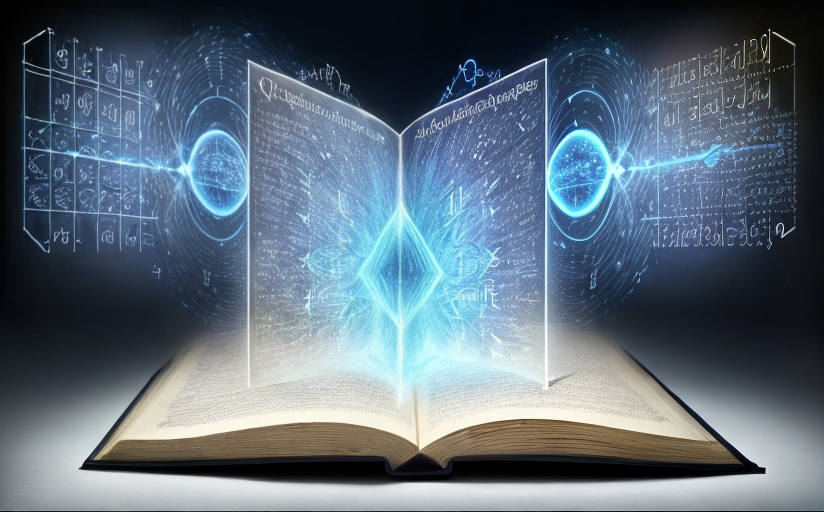Quantum Physics in Modern Literature: New Reality, Consciousness, and Genres
The field of quantum physics, with both its enigmatic principles and conceptual frameworks, is increasingly making a significant impact in modern literature. It's reshaping narratives and themes, offering fresh avenues for creative exploration and fostering the emergence of new genres and styles.
A Synapse of Two Worlds: Quantum Physics and Literature
Quantum physics principles are often seen as abstract, complex and distant from everyday understanding. Yet, the exploration of these principles offers an intriguing platform for deconstructing and exploring reality and consciousness.
What makes quantum theory fascinating in storytelling is the intriguing concepts it proposes, such as superposition, where particles can exist in multiple states at once, or entanglement, where one particle's state can affect another's even at vast distances. Such themes weave seamlessly into narratives that delve into parallel realities, the interconnectedness of life, and the intricate perception and manifestation of reality.
Notable Authors and Works
Several contemporary authors have managed to intertwine quantum theories into their narratives. In novels like The Quantum Thief by Hannu Rajaniemi and The Many-Worlds Interpretation series by Michael Moorcock, quantum elements are not used merely as plot devices but contribute to shaping the story's themes, reality structures and their characters' understanding of themselves and the universe.
Emerging Genres and Styles
The integration of quantum physics into literature is also encouraging the emergence of new genres and styles. Science fiction, for example, has expanded to include quantum fiction, where quantum theories form the foundation of plotlines. This genre brings to the forefront complex philosophical questions about the nature of reality, free will, and the mysteries of human consciousness.
Wrapping Up
In conclusion, while quantum physics might initially appear removed from the world of literature, a deeper look reveals that its principles provide a fertile ground for exploring, analyzing and presenting reality in multifaceted ways. This blend of hard science and human imagination marks a significant step towards an inclusive literary culture that acknowledges the value of scientific discovery in expanding our understanding and expression of human experience.

















Comments
Leave a Comment